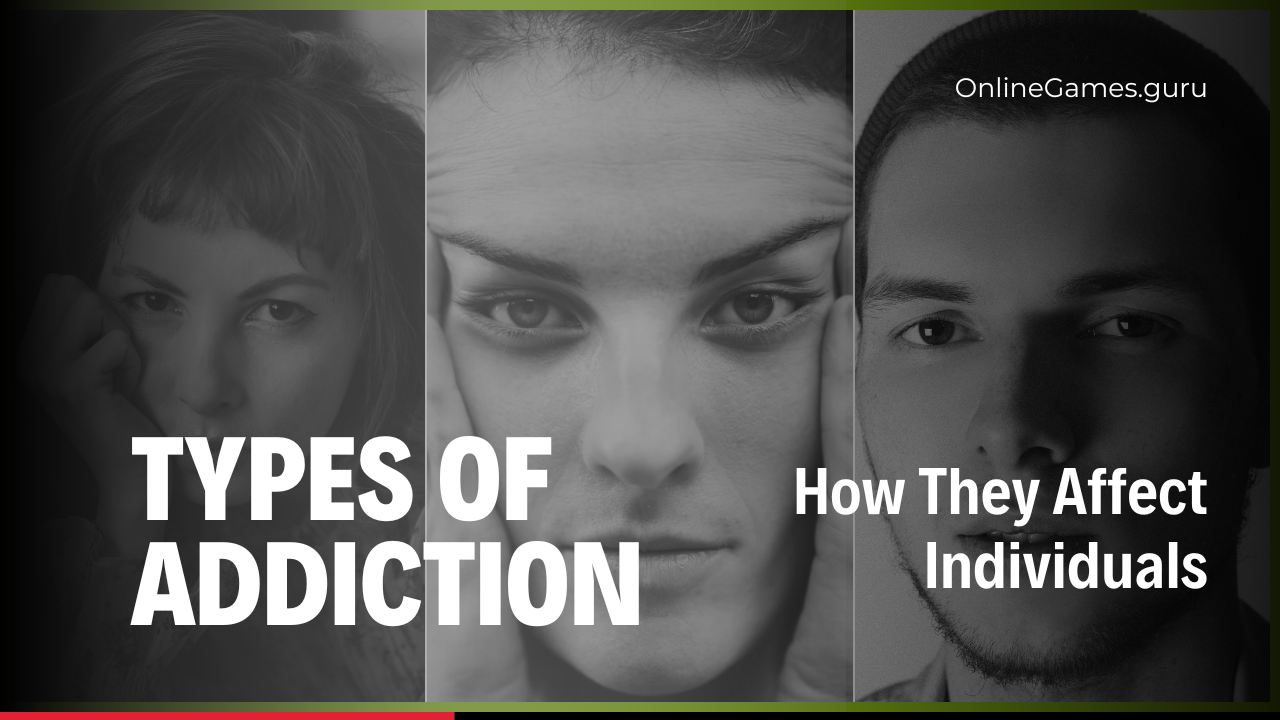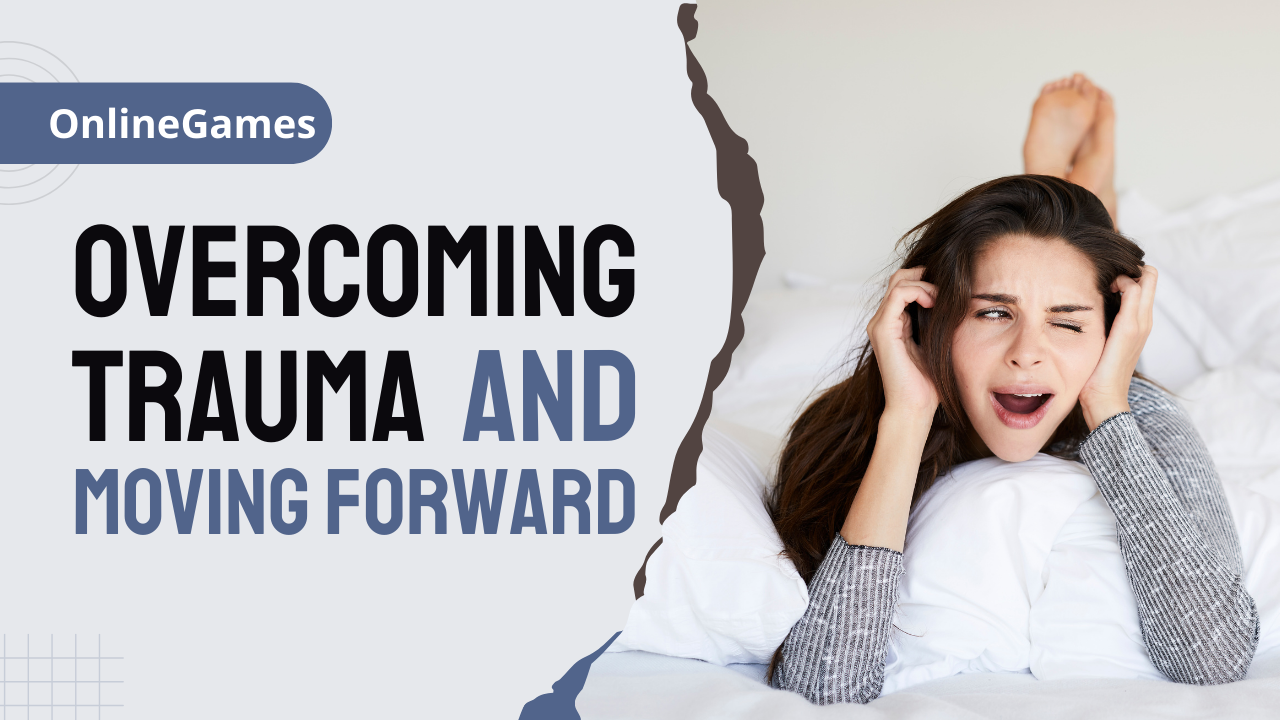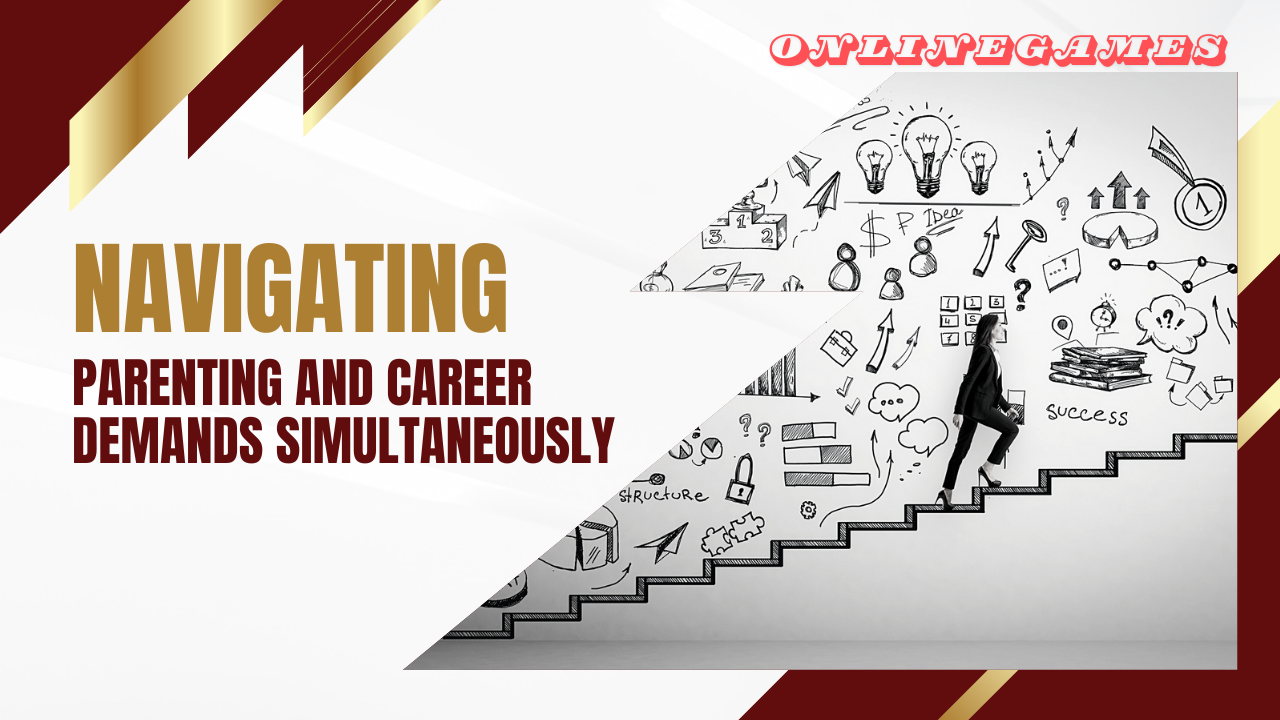Addiction is a complex condition characterized by compulsive engagement in rewarding stimuli despite adverse consequences. It can manifest in various forms, each impacting individuals differently. This article explores different types of addiction and their effects on individuals’ lives.
1. Substance Addiction
Alcohol Addiction
Alcohol addiction, or alcoholism, involves the compulsive consumption of alcohol despite negative consequences. It affects the brain’s neurotransmitters, leading to tolerance, dependence, and withdrawal symptoms.
- Effects: Liver damage, impaired judgment, relationship problems, and increased risk of accidents.
Drug Addiction
Drug addiction involves the misuse of substances such as opioids, stimulants, cannabis, or prescription medications.
- Effects: Physical health deterioration, financial problems, legal issues, and strained relationships.
Nicotine Addiction
Nicotine addiction is characterized by dependence on tobacco products, primarily cigarettes.
- Effects: Increased risk of cardiovascular disease, respiratory issues, and various cancers.
2. Behavioral Addictions
Gambling Addiction
Gambling addiction is the uncontrollable urge to gamble despite negative consequences.
- Effects: Financial ruin, legal problems, relationship breakdowns, and mental health issues like depression and anxiety.
Internet and Technology Addiction
Internet and technology addiction involves excessive use of digital devices, social media, gaming, or online activities.
- Effects: Social isolation, disrupted sleep patterns, decreased productivity, and emotional instability.
Sex and Pornography Addiction
Sex and pornography addiction involves compulsive behaviours related to sexual activities or the consumption of explicit materials.
- Effects: Relationship conflicts, distorted views of intimacy, and potential legal repercussions.
3. Eating Disorders
Food Addiction
Food addiction refers to the compulsive consumption of food, often leading to obesity or other health issues.
- Effects: Weight gain or loss, nutritional deficiencies, and emotional distress.
Exercise Addiction
Exercise addiction involves compulsive and excessive exercise, often at the expense of physical health and well-being.
- Effects: Overuse injuries, fatigue, and disruptions in daily life activities.
How Addiction Affects Individuals
Physical Effects
- Health Risks: Substance abuse can lead to chronic diseases, organ damage, and compromised immune function.
- Behavioural Changes: Erratic behaviour, impaired judgment, and risk-taking tendencies.
Psychological Effects
- Mental Health Issues: Depression, anxiety disorders, and increased risk of suicidal ideation.
- Cognitive Impairment: Difficulty with concentration, memory loss, and impaired decision-making.
Social and Emotional Impact
- Relationship Strain: Conflict with family, friends, and colleagues due to dishonesty, unreliability, or financial strain.
- Social Isolation: Withdrawal from social activities and loss of support networks.
Treatment and Recovery
Seeking Professional Help
- Detoxification: Medical supervision to manage withdrawal symptoms safely.
- Therapy: Cognitive Behavioral Therapy (CBT), Motivational Interviewing, or support groups like Alcoholics Anonymous (AA) and Narcotics Anonymous (NA).
- Medication: Pharmacological treatments to manage withdrawal symptoms and cravings.
Support Systems
- Family and Peer Support: Encouragement from loved ones and involvement in support groups for ongoing motivation.
- Lifestyle Changes: Adopting healthier habits, including regular exercise, balanced nutrition, and stress management techniques.
Understanding the different types of addiction and their impact on individuals is crucial for promoting awareness, prevention, and effective treatment. Whether it’s substance abuse, behavioural addictions, or eating disorders, each type requires tailored interventions to address physical, psychological, and social repercussions. By recognizing the signs early and seeking comprehensive support, individuals can embark on a path to recovery and regain control of their lives.










